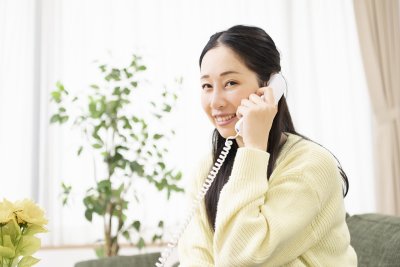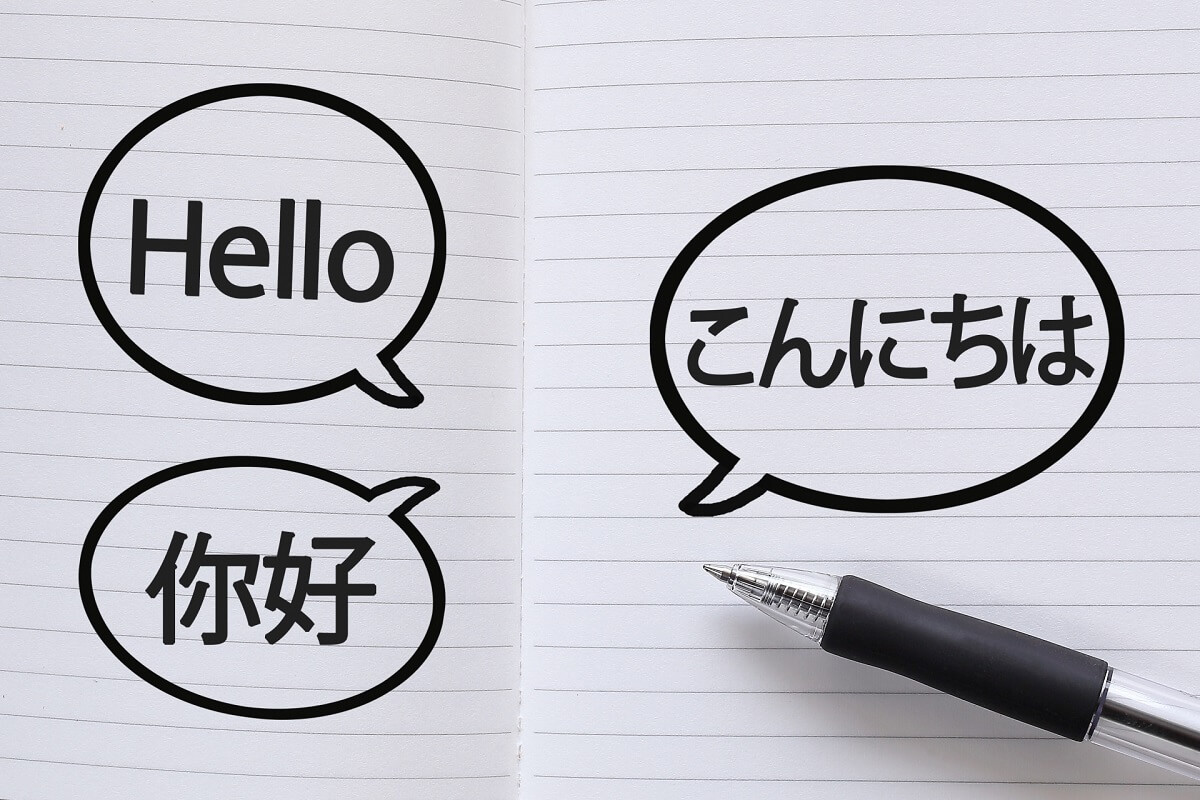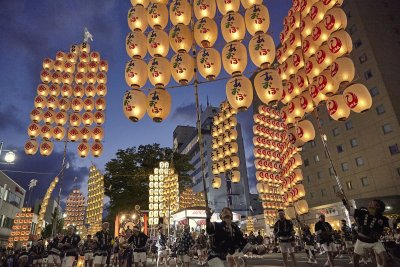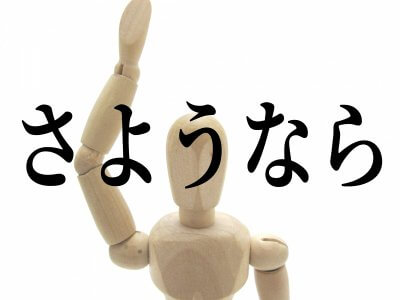Konnichiwa! That’s just one way to greet people in Japan. From the charmingly formal to the delightfully casual, the Japanese language offers an array of ways to say “hello.” So, put on your linguistic hat and join us as we dive into the marvelous world of Japanese salutations, where saying “hello” is never just a mere greeting, but a gateway to connection and cultural discovery.
While you’re learning Japanese, you can also check out our guide on 10 different ways to say “Thank You” and “Goodbye”
Greetings in Japanese: Konnichiwa (こんにちは)
Let’s get the easiest one out of the way. “Konnichiwa” is the most common and versatile way to say “hello” in Japanese. Though it is meant to be used in the daytime, it can be used any time. It is also suitable for both formal and informal situations, so feel free to use it with your friends, acquaintances, your elders, and even people you’ve just met (although there is a better word for this situation). Basically, it is hard to go wrong by greeting someone with “konnichiwa”.
Greetings in Japanese: Ohayou gozaimasu (おはようございます)
Next, let’s cover the morning greeting. “Ohayou gozaimasu” is used in the early hours to greet people politely. If you want to use it casually, you can just drop the “gozaimasu” and shout out “ohayou!” as you approach your friends with a smile. Though you’ll mostly hear this greeting before noon, “ohayou” is also relatively flexible in casual situations.
Greetings in Japanese: Konbanwa (こんばんは)
When the sun sets and evening approaches, “konbanwa” is the go-to greeting. It means “good evening” in English. “Konbanwa” carries a sense of tranquility and a touch of elegance, making it a perfect way to welcome the twilight hours. Unlike “konnichiwa” and “ohayou” this greeting should only be used when saying hello someone at night. Like “konnichiwa”, however, “konbanwa” can be used in both formal and informal situations.

Greetings in Japanese: Hajimemashite (はじめまして)
Literally meaning “nice to meet you,” this greeting is used when meeting someone for the first time. This phrase embodies the excitement and anticipation that accompanies the first encounter with someone. Whether in a formal or informal setting, “hajimemashite” offers a warm and welcoming gateway to establishing connections and building relationships.
Greetings in Japanese: Hisashiburi (ひさしぶり)
On the opposite side of “hajimemashite” we have the phrase “hisashiburi desu ne” which basically translates to “long time no see” in English when used as a greeting. If it has been a while since you’ve seen your friend, you can use this phrase to warmly greet them. We’re talking about a gap of at least three weeks. To use it in a more formal situation, you can say “o hisashiburi desu”.
Greetings in Japanese: Genki desu ka? (元気ですか)
If you want a phrase like “how are you”, you can use the phrase “O Genki desu ka(お元気ですか)”. However, it is not used in the same way that it is used in English. It’s more like asking if someone is healthy rather than just generally asking how life has been. For Japanese people, it can feel a bit unnatural to ask this question suddenly as a greeting. An alternative is “ikaga desu ka (いかがですか)”, but it is used mostly in formal situations.

Greetings in Japanese: Moshi moshi (もしもし)
This cute greeting is fun to say, but it is only used when answering the phone. That’s right, there is a greeting that is used specifically for phone calls! The word is actually formed from the word “mousu (申す)” which is the humble version of the verb that means “to say”. Despite its roots, “moshi moshi” is considered rude or unprofessional when being used in the workplace.
Greetings in Japanese: Tadaima (ただいま), Okaeri (おかえり)
Another situational Japanese greeting is “tadaima” which is basically like saying “I’m back” in English. You can use this phrase after returning home from work or going out of the office for a break. This greeting comes in a pair. You’ll hear the phrase “okaeri” in return which means “welcome back” in English.
Greetings in Japanese: Yahhou! (ヤッホー!), Osu! (おす!)
Now we are getting into some of the most casual forms of greetings. These are closer to exclamations which don’t have any meaning outside of this use. Cheerfully shouting out “yahhou” with a big wave is a fun greeting that is considered more feminine. On the other hand, a sharp “osu” is more masculine used between bros.
Greetings in Japanese: Irasshaimase (いらっしゃいませ)
The final greeting on this list is “Irasshaimase” which basically means “welcome” in English. If you visit Japan, you will probably hear this shouted very often as you walk past restaurants and shops. It is a way to invite people inside. As a customer, you don’t need to say “irasshaimase,” so you probably won’t use this greeting, but it is still important to know.
Related article:
10 Ways to Say Goodbye in Japanese
10 Ways to Say Thank You in Japanese
 0
0












